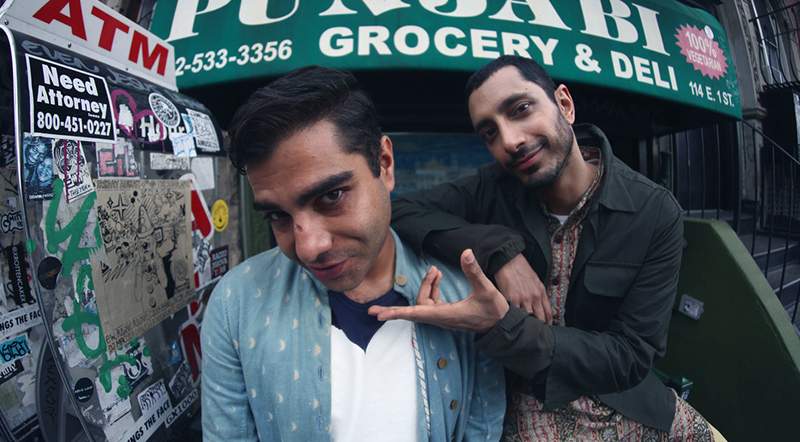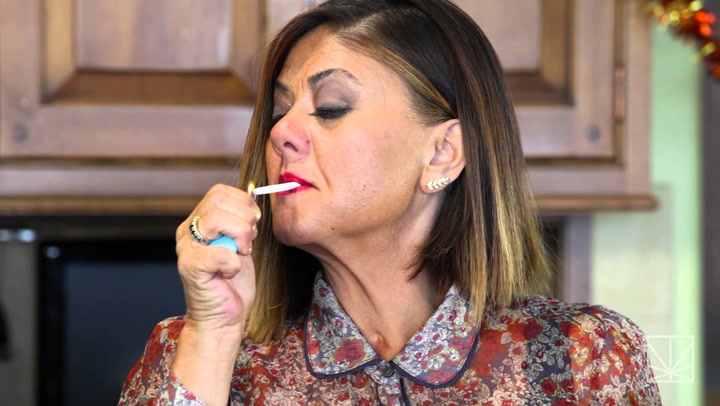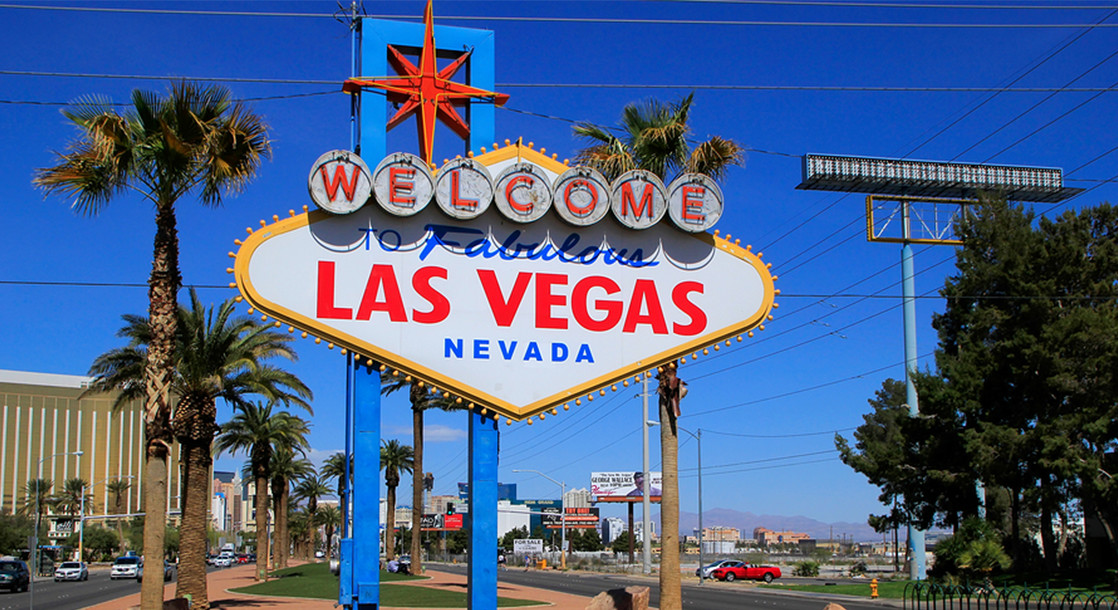Over 50 is a recurring series that highlights the lives and stories of veterans of cannabis culture. As we work to achieve a new, normalized era of cannabis culture, it is important to remember the history of where we came from and how far we have come. Using the insight of our culture's pioneers, we revisit times that they experienced first-hand; when flower was far from legalization and acceptance, through Over 50, we experience their stories through their unique perspectives and tales.
For this edition of Over 50, we have Catherine Hiller as our guest. Catherine is the author of the widely appreciated "Just Say Yes: A Marijuana Memoir." For the fourth installment of Over 50, Catherine shares a personal moment in history she shared both with the world and cannabis for the first time.
If you missed the first installments, read Over 50: Coming Out Green, the second installment Over 50: Decades or Over 50: Family Strains.
Most of us know where we were when we learned about the Twin Towers. I had a job with a medical publishing company in a New York suburb, and I arrived at work a little late. I heard the receptionist say into the phone, “The second tower, too?”
The office was in chaos. Although nobody was sure what to do next, I knew that this was not the time to sell ads for The Journal of Hematotherapy. Everyone was on the phone, trying to check up on their families and friends in lower Manhattan. Their efforts were often in vain thanks to overloaded circuits: people were desperate to contact their loved ones and make sure they were alright. In this case, "alright” meant “alive.”
In the first couple of hours, many were sure that this was the beginning of a general war. Radio announcers told us, erroneously, that there were eight rogue airplanes. Listeners wondered, in panic, if four had already crashed, what would the other four destroy?
My middle son was at Colorado College near the Air Force Academy and I called him to say that if the war got wider, he should put his gear in his car and camp out in the hills.
Everything had changed forever. The homeland had been assaulted. The World Trade Center was only about 30 miles away from my house. Thousands of innocent citizens had been killed in a coordinated terrorist attack.
Soon, people were leaving my office for home. For some, because of transportation disruptions, the journey would take many hours. I lived a few minutes away and went home alone to watch TV and wait for my husband, who would be coming home from his job in Connecticut at 6 PM.
I was home around 4 PM. I didn’t know what to do next. I couldn’t watch TV for another minute. People were jumping out of high windows and buildings kept crumbling to the ground, sometimes in slow motion. Again and again, giant clouds of smoke and debris rose over the ruins.
I needed consolation. I needed communion with nature. I needed to surround myself with beauty. Beyond the chaos, it was a superb September afternoon: sunny, crystalline, 70 degrees. I went to the harbor near my house and lowered my kayak into the water. I paddled away from the harbor patrol and lit up a joint.
Until this moment, I have never told anyone about that joint. I leave it that I kayaked in the harbor, grieving for my country. The harbor is under a flight path, and usually I hear the faint rumbling of planes every couple of minutes, but on this day, all planes were grounded, and I paddled under a silent dome. The sky was royal blue, the water was silver, and two white swans glided by my boat. Solace from nature is respectable; consolation from cannabis is not.
But why not? I’m sure more Valium was consumed on 9/11/01 than on 9/10/01, and we are now learning that marijuana can work as an anti-anxiety and anti-depressant medicine that’s safer to the body than any pharmaceutical. Then, as now, I did not have a prescription for a psychoactive drug, but I did have my illegal stash.
Sometimes pot acts as an enhancer, sometimes as a minimizer, making misery and memory less intense. Smoking did not make everything better. Thousands of people were still dead, and no one knew what the next weeks would bring. But cannabis somehow eased my fears about the future and blunted the horror of the day.
Maybe that’s why joints are called blunts.
We all have our own ways to stave off despair. “Whatever gets you through the night, it’s all right, it’s all right.” Now, all these years later, I can finally admit to getting high on 9/11.











